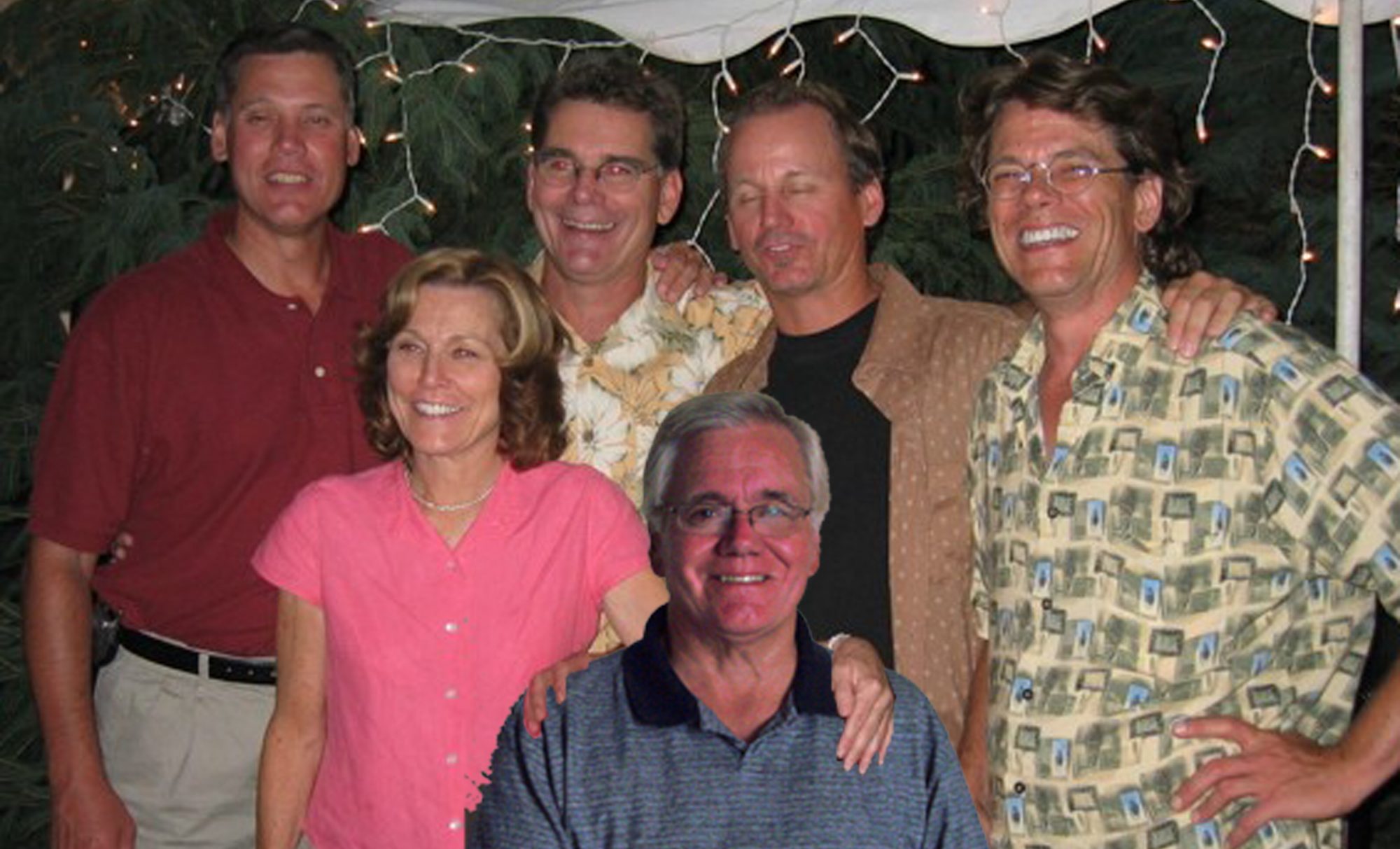I just finished reading this interesting article on moral principles. A Harvard researcher hypothesizes that evolution has provided us with a base moral compass. As evidence he offers these three intriguing questions on morality.
Question One:
A trolley is coming down a track and it’s going to run over and kill five people if it continues. A person standing next to the track can flip a switch and turn the trolley onto a side track where it will kill one person but save the other five. Is is morally permissible to flip the switch?
If you answered yes, then you have responded the way that most people do – they feel it’s morally permissible to harm one person when five are saved.
Question Two:
A nurse comes up to a doctor and says “Doctor, we’ve got five patients in critical care; each one needs an organ to survive. We do not have the time to send out for organs, but a healthy person just walked into the hospital – we can take his organs and save the five. Is that OK?”
Not surprisingly, no one says yes to this question.
Question Three:
What’s the difference between these two situations?
According to the Harvard professor, people of different ages, people of different religious backgrounds, people of different educations typically cannot explain why those cases differ. He proposes that there is some sort of hard wired unconscious process at work during moral judgments.
I found that quite intriguing and I certainly couldn’t rationally distinguish between the two hypothetical situations.
If you are interested, here’s the online version of the article.
